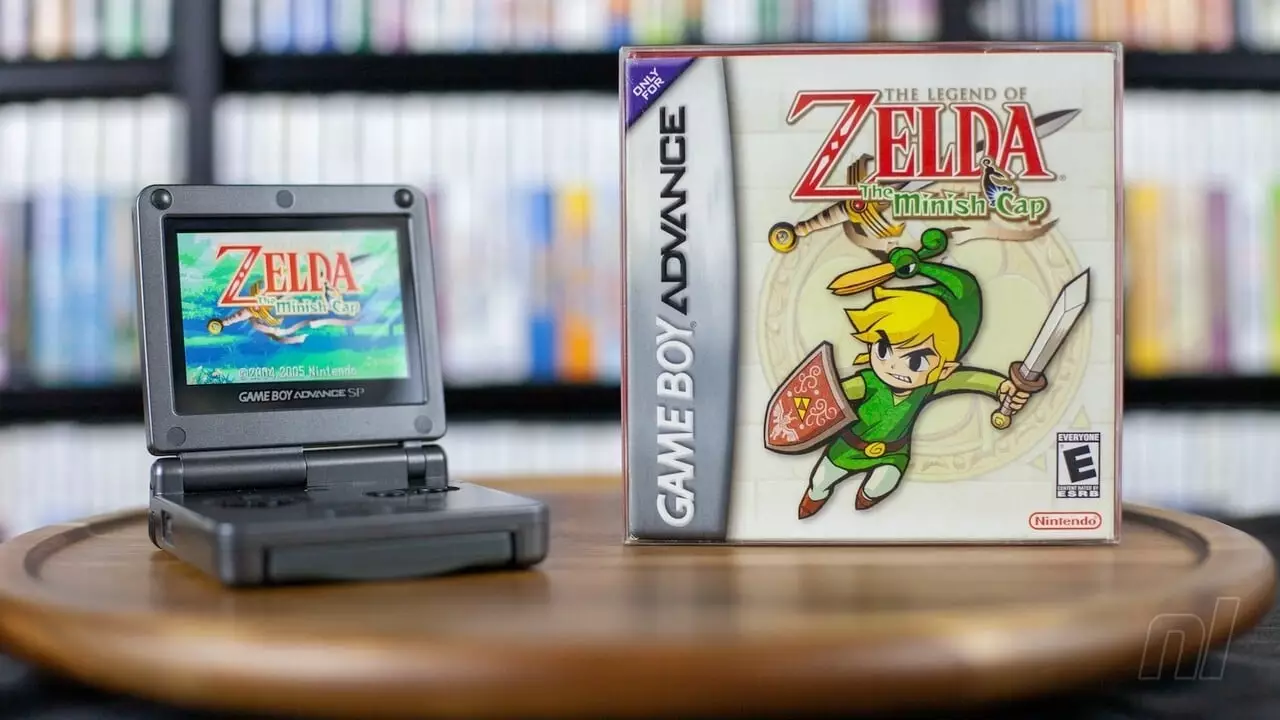As we mark 20 years since the launch of *The Legend of Zelda: The Minish Cap*, it’s clear this title holds a special place in the hearts of gaming enthusiasts across the globe. Released on November 4, 2004, in Japan, and shortly after in North America and Europe, this game from Capcom and Flagship offers a refreshing twist on the beloved Zelda formula, showcasing a shift in both narrative and gameplay. Crafting memorable experiences is vital in gaming, and *The Minish Cap* succeeded remarkably, blending whimsical elements with classic action-adventure mechanics.
*The Minish Cap* introduces players to a world that feels both familiar and fantastically peculiar. The storyline revolves around Link’s discovery of a cap that is not just any hat but a magical artifact imbued with the essence of a wise mage, Ezlo. This element of turning into a miniature version of himself is more than just a gimmick; it symbolizes exploration and the idea that size doesn’t define capability. The adventure leads players through intricately designed dungeons with puzzles that require players to think creatively—changing Link’s size opens up new realms of problem-solving.
One of the standout mechanics is the Kinstone fusion system, where players collect small disks to match with NPCs, unlocking various rewards and enhancing the game world. Though it can be tedious at times, it promotes interaction and encourages exploration. This engagement adds layers to the gameplay, making the experience feel alive and rewarding.
Notably, *The Minish Cap* features stunning pixel art, taking stylistic cues from the ‘Toon Link’ design popularized in *The Wind Waker*. This artistic choice resonates profoundly, offering an appealing aesthetic that complements the adventurous tone of the game. The vibrant colors and charming character designs invite players into an enchanting world that feels both timeless and fresh.
Accompanying the rich visuals is a soundtrack composed by Mitsuhiko Takano, which has become iconic in its own right. The music is replete with engaging melodies that evoke the spirit of adventure and curiosity. The tracks enhance each dungeon’s atmosphere, leaving an imprint that makes every encounter memorable. Each note captures the essence of what makes the Zelda series so beloved—a harmonious union of music, storytelling, and gameplay.
Over the years, *The Minish Cap* has remained accessible, thanks to its availability on Nintendo’s Virtual Console and inclusion in the Switch Online + Expansion Pack. Its enduring popularity is evident, as both old and new players continue to discover or revisit Link’s enchanting journey. The game’s design ensures that it has aged well; its straightforward mechanics and captivating world offer a delightful experience without feeling outmoded.
While some gameplay aspects can be frustrating—such as keeping track of Kinstone matches—the overall charm far outweighs these minor issues. The experience does not scream for a remaster; rather, it holds a unique place within the Zelda lineage that allows it to shine without the need for embellishment. Still, the community excitement for any potential updates is palpable, reflecting a deep appreciation for what the game has brought to the franchise.
As we celebrate this significant anniversary, *The Minish Cap* deserves recognition for its contribution to the gaming landscape. Its clever mechanics, engrossing storytelling, and fantastic art and music combine to create an unforgettable journey. For many fans, it remains one of the top experiences within the Zelda franchise, resonating with both nostalgia and innovation.
In reflecting on *The Legend of Zelda: The Minish Cap*, we not only acknowledge the milestone of its release but also the creative legacy it has solidified within the realm of video games. Here’s to 20 years of magical adventures, compelling narratives, and the joy of gaming—may Link’s journey continue to inspire generations to come.


Leave a Reply